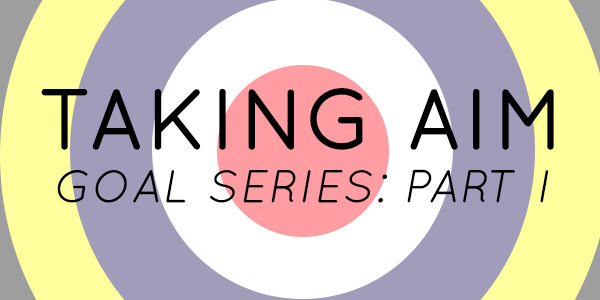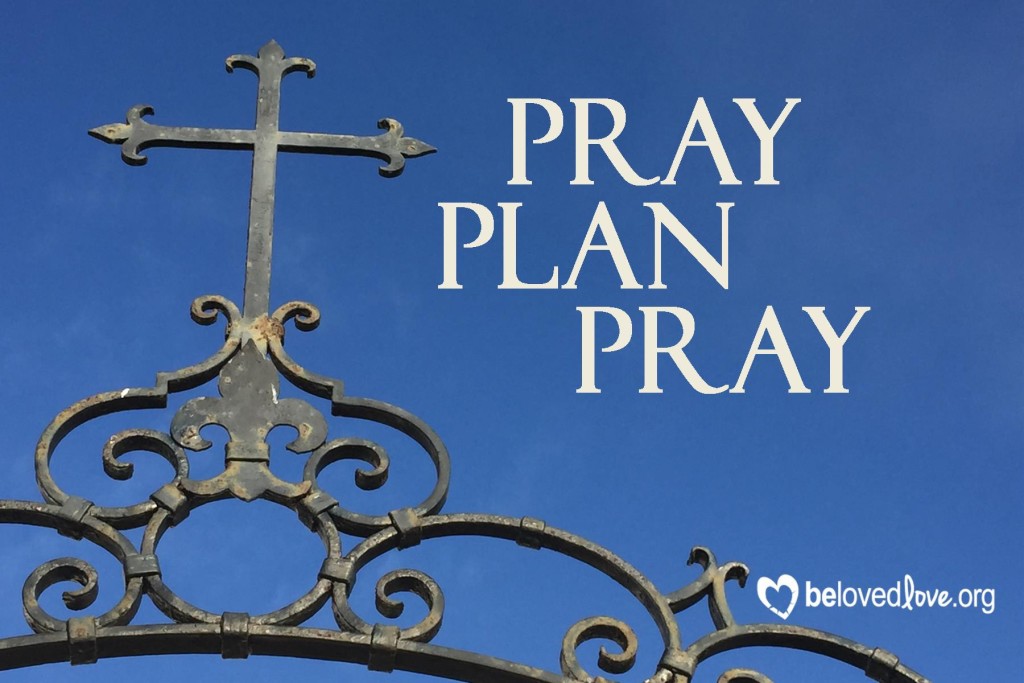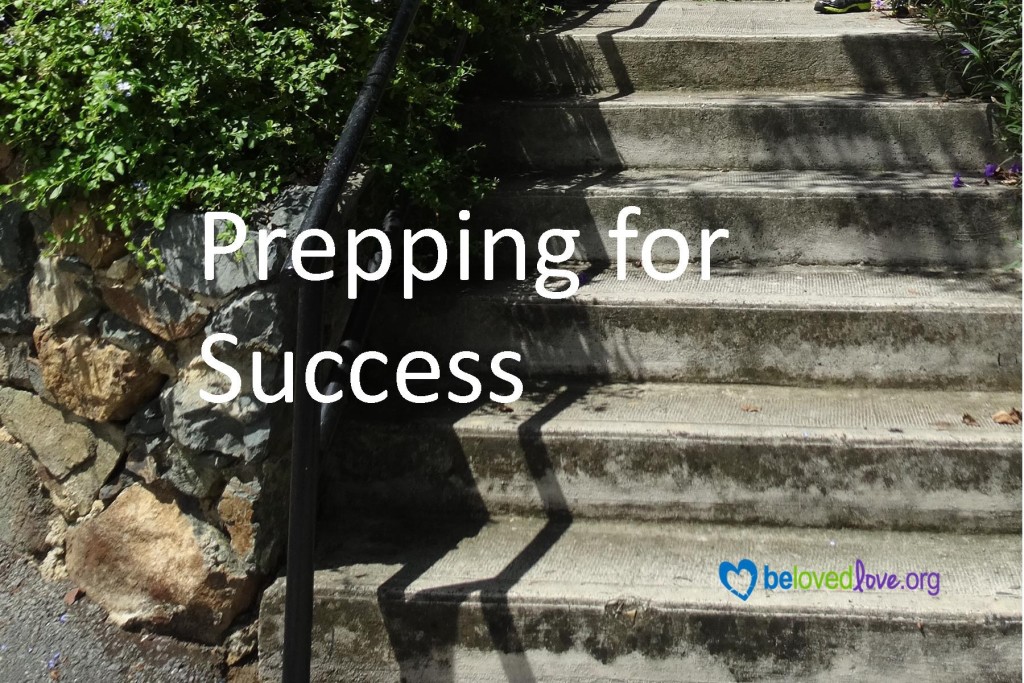As we kick off 2019, many of us are re-evaluating things and looking ahead to the new year. We are making resolutions, thinking about new habits, and seeking God’s direction in our lives.
I have written many posts – even series of posts – that are relevant to the “planning season” of the year, so this week I thought I’d give you a roundup of 5 posts I’ve written in previous years around this time (or on similar topics), so you can revisit the ones that you need most this week:

Last year I laid out my “Four Steps to Planning the Year.” This is a great place to start if you don’t already have a process for yourself.

I wrote a series of three posts on Goals – starting with “Taking Aim”. If you need to review and revisit your goals, this would be a great place for you to start.

This four-part planning series, beginning with “God’s Plan A,” deals with God’s plans for us, how we can know if we need to re-evaluate, different ways of planning, and praying through planning.

If praying through your plans is the area you want to focus on, read “Pray Plan Pray” for my framework for praying at the beginning of the year.














